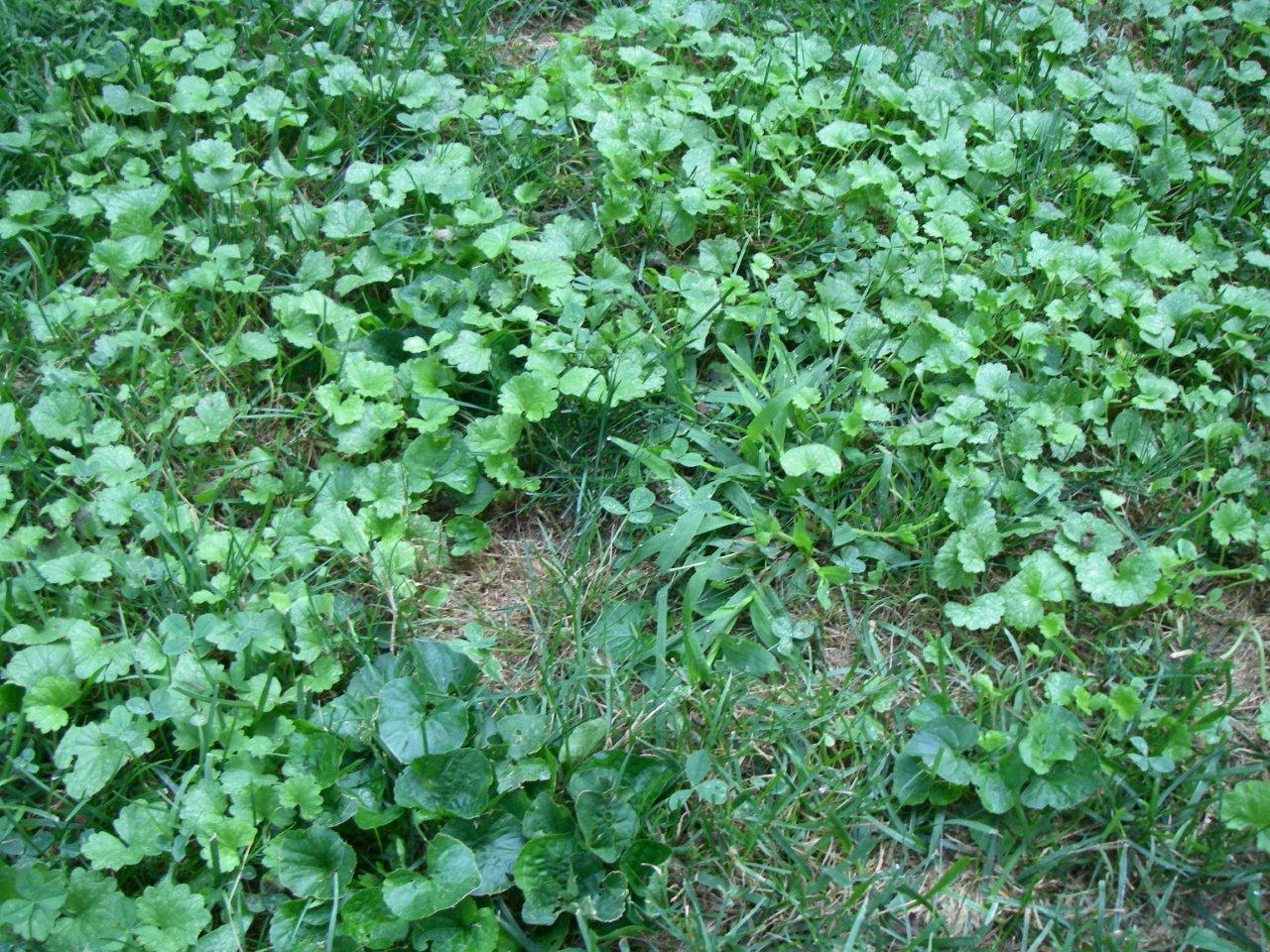Weeds are sometimes described as “plants in the wrong place”
or “plants whose virtues have yet to be discovered.” But for we who labor over our plantings, fighting a
day-to-day battle with these enemies, it’s no laughing matter. Weeds cost gardeners time, money, and
effort. Ask for help at a box
store, and they’ll sell you a bottle.
But before you go that route, here are some ways to help prevent weeds
from winning the war.
Improve the Soil
If your lawn is overrun with weeds, chances are the soil is
acidic (low pH), compacted, low in fertility, or all of the above. Weeds are opportunistic and many thrive
in poor soil. The healthier your soil
is, the better your grass will grow and the less chance weeds will have to take
hold. The same is true in garden
beds. Get a soil test from Chester
County Cooperative Extension (610-696-3500) and then address any problems the
test identifies.
Plant Densely
Like all plants, weeds need sunlight to survive. Shade them out with shrubs, perennials
planted close together, or groundcovers, and you will make life more difficult
for them and a lot easier for yourself.
The fewer places the sun reaches bare ground, the less area you have for
weeds to proliferate.
Avoid Disturbance
I hate to be the bearer of bad news, but your soil contains
millions of weed seeds. And all
those little buggers are just lying there (they can last for years), waiting for some disturbance to
bring them to the surface, where they can get water and sunlight. Guess what happens when you pull out a
weed? That’s right—you are
bringing weed seeds to the surface.
Stop this nasty cycle by minimizing disturbance. For annual weeds, use a hoe to scrape
along the surface and decapitate them before they set seed. If you pull a weed, try to minimize
disturbing the soil around it. Don’t
till unless you are going to plant and mulch immediately (or try the new
“no-till” method of planting).
Water Carefully
If you water using a sprinkler that spews water everywhere,
you will be watering weedy areas as well as planting beds. Target the water to the plants you
want, and let the weeds fend for themselves! Soaker hoses and irrigation systems that water at the base
of the plants work even better in many locations.
Use Mulch
Mulch helps reduce weeds by minimizing the sunlight that
reaches the soil. Mulch also
improves the soil (by adding organic matter), so it’s actually a two-fer. Mulch is particularly good for reducing
annual weeds, which in order to return the following year, need to shed seed on
bare ground that receives sunlight.
Seeds shed on mulch find it difficult to root, and those that do are
easy to pull out.
Nip it in the Bud
Pull weeds when you first see them and keep weeds from spreading
or going to seed. Try taking a
half-hour stroll through your garden each morning before you start your
day. Pull a few weeds or take a
few swipes with a hoe as you meander.
You’ll have a relaxing morning and get in two to three hours of weeding
a week.
Know What You’re Dealing
With
It’s difficult to fight a battle without knowing anything
about your opponent. If you have a
serious weed problem, identify the weed or weeds involved. If you are not able to do that on your
own, Master Gardeners can help.
Email a photograph to chestermg@psu.edu along with any helpful
information (Is the weed growing in the lawn? in the woods? along
a stream?). Once you know what
weed it is, you will know whether it is an annual or a perennial, and can find
out how best to attack it.
Use Herbicides with
Restraint
If you decide to use an herbicide, read the label carefully.
Some herbicides are selective, and target only grasses or only
broad-leaved (non-grass) plants (but still kill everything in that category). Others kill anything green. Still others prevent seeds from
germinating. If you only have one
weed, there is no reason to use an herbicide that kills a wide variety of weeds
(that just means it has multiple chemicals in it, so you are adding chemicals
to the environment for no reason).
Some weeds are best attacked at certain times of the year or at certain
points in their life cycles. Some
herbicides have a residual effect (they stay in the soil), which may prevent
your lawn seed from germinating or kill desirable plants you place in that
spot.
Be sure you have exhausted all non-chemical strategies
first. In many cases, the
chemicals cause harm to the environment without solving your problem, which
does nobody any good. Pulling,
mowing, hoeing, or other mechanical methods may be more effective than that
spray bottle they want you to buy.
Have a gardening question? Ask a Master Gardener.
Send your questions to chestermg@psu.edu or call 610-696-3500. And please visit us on Facebook
(“Chester County Master Gardeners”.)
We now make house calls! If you have a difficult issue or would like on-site advice,
we will send a team of Master Gardeners to your site for a consultation for a
fee of just $75-100, depending upon whether follow up research or testing is
needed. Send an email to nds13@psu.edu
for more information.
• Nancy Sakaduski is the Chester County Master
Gardener Coordinator. Master Gardeners are trained volunteers who educate the
public on gardening and horticultural issues. In Chester County, they operate
through the Penn State Cooperative Extension office in West Chester. Nancy
lives in Pennsbury Township. She can be reached at nds13@psu.edu.
About Nancy Sakaduski
Nancy Sakaduski is a Master Gardiner with Penn State Extension of Chester County.





Comments